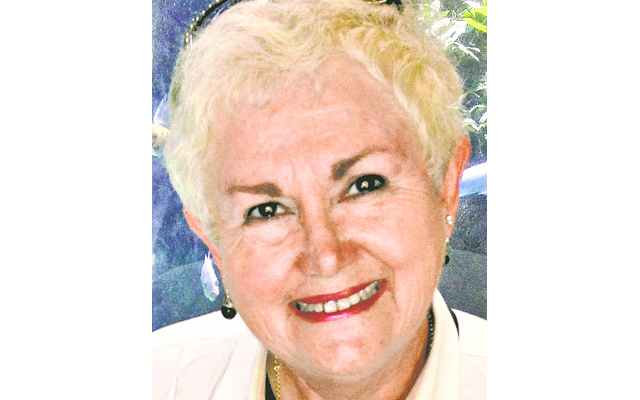A Passover Message from Arlene Appelrouth
Passover seders, when our children were too young to read, were educational and inclusive.
I grew up not knowing the difference between Sukkos and Simchas Torah. During Passover, my mother bought a box of matzos and told me not to eat bread in school.
One year my European born babba and zaida hosted a seder.
My grandfather, Gershon, recited the Passover story in Yiddish. The words to “Chad Gadya” and “Dayenu” were transliterated and I loved the enthusiastic singing.
But Passover had little meaning for me.
In college, after studying comparative religion, I spent six months living in Israel, exploring different faces of Jewish identity. I married a man who loved everything about being Jewish: synagogue attendance after our traditional Friday night meal, celebrating holidays I never heard of. Dan and I agreed we would have a Jewish home, but I was “enslaved” by ignorance, marrying someone who loved practicing Judaism. It was the beginning of my Jewish education.
Passover seders, when our children were too young to read, were educational and inclusive. Dan read a sentence at a time from the haggadah, and the pre-reading child would repeat the sentence.
Passover was wonderful. Delicious, traditional food including homemade gefilte fish made by my friend Bobbi Perlstein, to mouthwatering trifles prepared by Jackie Granath, who just passed away. I loved the Passover recipes in a cookbook written by Norene Gilletz. Her chicken farfel kugel is still an annual favorite.
What once enslaved me was ignorance. What has liberated me is the knowledge I gained over the years.
Arlene Appelrouth is a contributor to the AJT.




comments